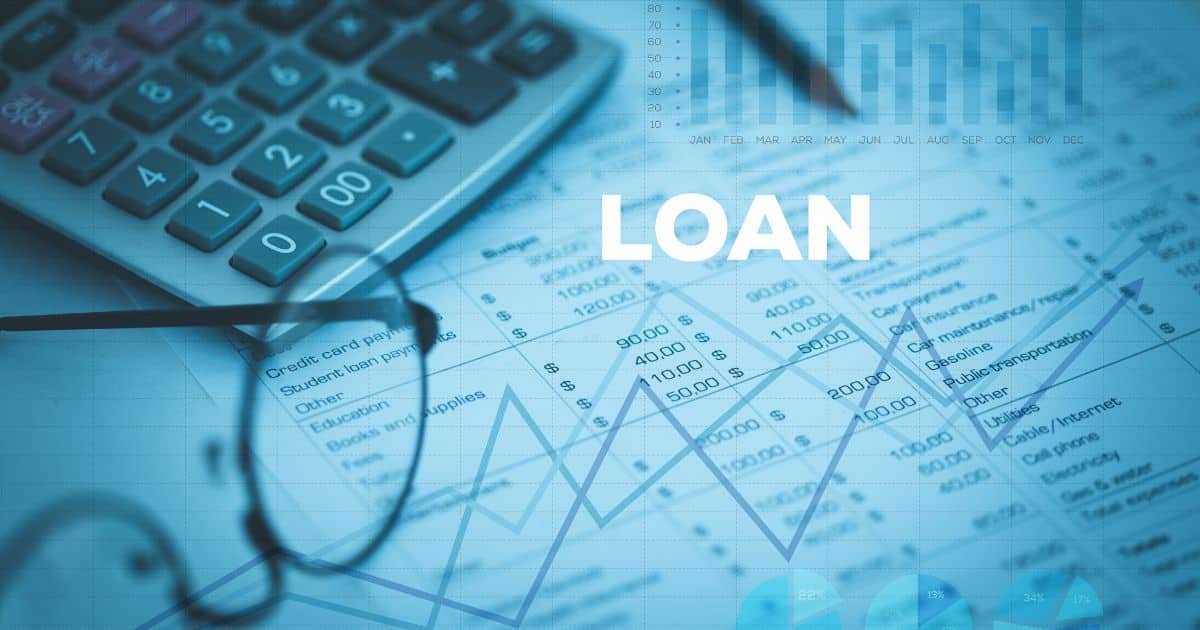Buying a home is super exciting… and also a little overwhelming. You’ve got paperwork flying at you, fees you didn’t expect, and terms that sound like they came out of a law book. One of those terms? Mortgage escrow. You’ll see it in your loan papers or maybe hear it from your lender, and it probably makes you think, “Wait, what’s this now?”
Don’t worry. I felt the same way. The good news? It’s not nearly as complicated as it sounds. Actually, it’s a pretty helpful thing once you get what it does.
So, What Is Mortgage Escrow?
Alright, let’s keep it simple. When you take out a home loan, you don’t just pay the bank every month for the house. There are other things you’re expected to cover, like your property taxes and homeowners’ insurance.
Instead of asking you to deal with all those payments separately, your lender says, “Hey, how about you send a little extra with your mortgage each month, and we’ll take care of those for you.” That “little extra” goes into a separate account called an escrow account.
So basically, part of your monthly mortgage payment gets tucked away for bills that hit once or twice a year. When those bills come up, your lender grabs the money from that escrow account and pays them on your behalf.
It’s kind of like putting your bills on autopilot. You pay a bit more each month, but you don’t have to worry about due dates sneaking up on you.
What Gets Paid From Escrow?
Mainly two things:
- Property taxes – The tax you pay to your city or county for owning a home. It helps fund stuff like schools, roads, and fire departments.
- Homeowners insurance – This covers damage to your home from stuff like fire, storms, or theft.
Sometimes, if you have to pay private mortgage insurance (PMI), that might be included, too. But that depends on your loan type and how much you put down.
Why Lenders Use Escrow Accounts
Lenders actually like escrow accounts a lot. Why? Because if you skip paying your taxes or insurance, your house could end up in legal trouble, or worse, be at risk. That puts their loan (and your house) in danger.
So this setup gives them peace of mind that everything’s paid on time. Especially if your down payment is less than 20%, most lenders require you to use a mortgage escrow account.
Makes sense—they want to protect their investment too.
Pros and Cons of Using Escrow
Let’s be real: like anything else, escrow has its ups and downs.
The good stuff:
- Less to worry about – You don’t have to remember when bills are due.
- No huge surprise bills – You’re not hit with a $2,500 property tax bill out of nowhere.
- Automatic payments – The lender pays it all for you.
The not-so-great:
- Higher monthly payment – Since you’re pre-paying for taxes and insurance, your total monthly bill is bigger.
- Changes happen – If your taxes go up (and they usually do), your lender will increase what you pay each month.
- You’re not in full control – Some people like paying their own bills directly and knowing exactly when they go out.
Can You Skip Using an Escrow Account?
Sometimes, yes. If you put down at least 20% and have a good credit score, your lender might let you skip escrow and handle the taxes and insurance on your own.
But fair warning: if you’re not good at saving or remembering due dates, this might backfire. Imagine forgetting your property tax bill is due and suddenly owing thousands. That’s rough. So, escrow can save you a lot of hassle if money planning isn’t your strong suit.
Watching Your Escrow Account
Even though your lender handles it, it’s still your money. So keep an eye on it.
Once a year, you’ll get an escrow analysis statement that shows how much came in and went out. If taxes or insurance costs change, the amount you need to pay each month may go up or down, too.
And if your escrow account collects more money than needed, you might get a refund check. Nice bonus!
Final Thoughts
Look, the idea of mortgage escrow might sound like more banker-speak. But it’s actually a handy system. It’s there to keep you from getting slammed with giant bills. It keeps your taxes and insurance paid on time. And it helps your lender feel confident you’re staying on track.
It’s one less thing to stress about when you’re already managing a big change, owning a home.
If you want simpler guides on stuff like this, check out the blog over at Secupact. We keep it clear, easy, and helpful—no fluff.




